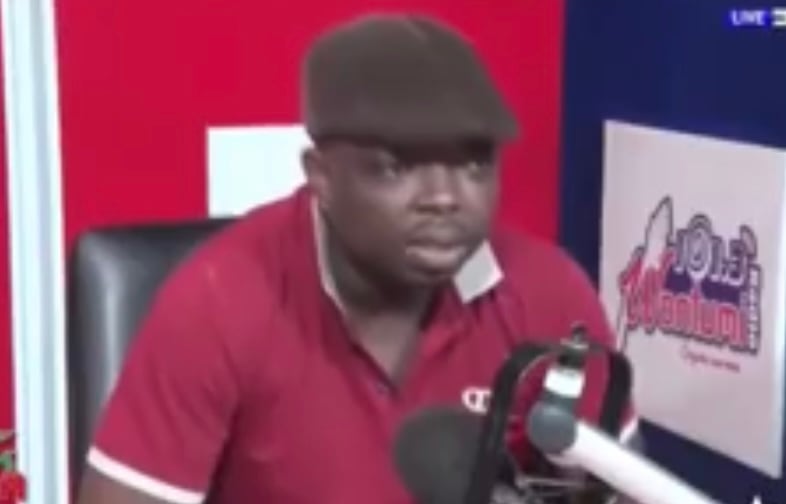Kwame Baffoe Abronye, the Bono Regional Chairman of the New Patriotic Party (NPP), has levelled accusations of extravagant spending against Joyce Bawah Mogtari, a Senior Presidential Advisor to former President John Mahama. Abronye DC, as he is popularly known, specifically targeted Mrs. Bawah Mogtari’s alleged penchant for high-end handbags, claiming that none of the bags in her possession cost less than $2,500. He further asserted his intention to demand receipts for every bag she owns during potential court proceedings. This accusation forms part of a larger, ongoing exchange between the two figures, stemming from earlier defamatory statements made by Abronye against Mrs. Bawah Mogtari.
The controversy ignited when Abronye DC, during a live broadcast on Net 2 TV on March 26th, made claims regarding Mrs. Bawah Mogtari’s financial compensation. He alleged that she received a monthly sum of GH¢95,000 as recompense for being overlooked for a ministerial appointment. This statement prompted a swift legal response from Mrs. Bawah Mogtari’s legal representatives, R.O. Solomon Consulting. They issued a letter demanding an unqualified apology, a full retraction of the defamatory statement, and GH¢10 million in damages. The letter outlined the potential for further legal action should Abronye fail to meet these demands.
Abronye’s response to the legal threat was dismissive. He downplayed the seriousness of the lawsuit, suggesting it would only gain traction on social media platforms but ultimately lack substance in a court of law. He reiterated his accusations regarding Mrs. Bawah Mogtari’s handbag collection, emphasizing the alleged exorbitant price tags and his intent to challenge her to prove their purchase with valid receipts. This back-and-forth exchange highlights the deepening political tensions between the two parties, extending beyond policy debates into personal accusations and legal threats.
The central issue revolves around the veracity of Abronye’s claims. Mrs. Bawah Mogtari’s legal team contends that the statements regarding her financial compensation and implied extravagant lifestyle are false and defamatory. They argue that these allegations have damaged her reputation and warrant significant financial compensation. Abronye, on the other hand, remains steadfast in his assertions, seemingly prepared to defend his statements in court. The case, if it proceeds, will likely hinge on the ability of both parties to present credible evidence supporting their respective positions.
Abronye’s focus on Mrs. Bawah Mogtari’s handbags, while seemingly trivial, serves as a proxy for a broader accusation of corruption and misuse of public funds. The implication is that such expensive accessories are beyond the reach of someone earning a legitimate government salary, suggesting an alternative source of income, potentially illicit. This tactic attempts to paint a picture of Mrs. Bawah Mogtari as someone benefiting unfairly from her political connections, a narrative often employed in politically charged accusations.
The unfolding legal battle between Kwame Baffoe Abronye and Joyce Bawah Mogtari underscores the contentious nature of Ghanaian politics. While accusations and counter-accusations are common, this case has escalated to the point of legal action, indicating a potential shift towards holding individuals accountable for their public statements. The outcome of this case could set a precedent for future political discourse, influencing the level of scrutiny applied to public figures and potentially fostering a more cautious approach to making potentially defamatory claims.














